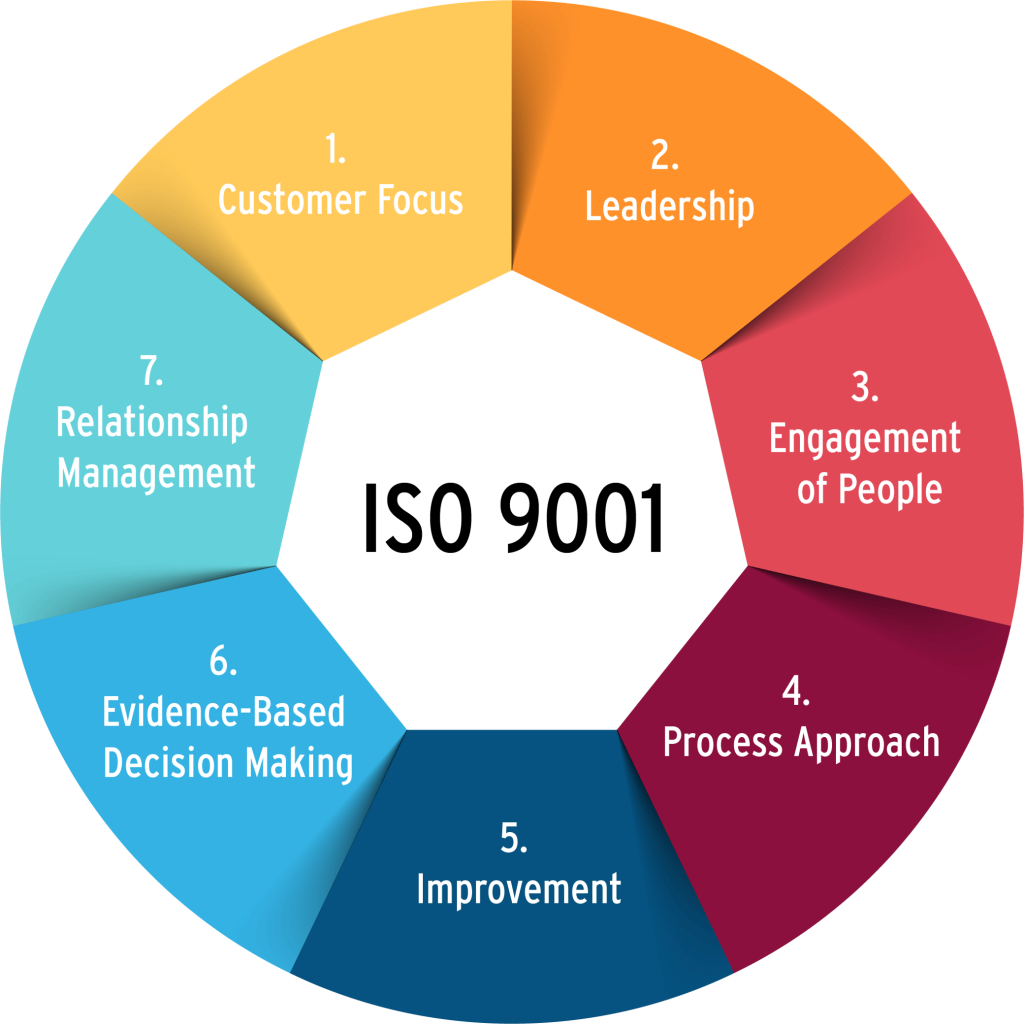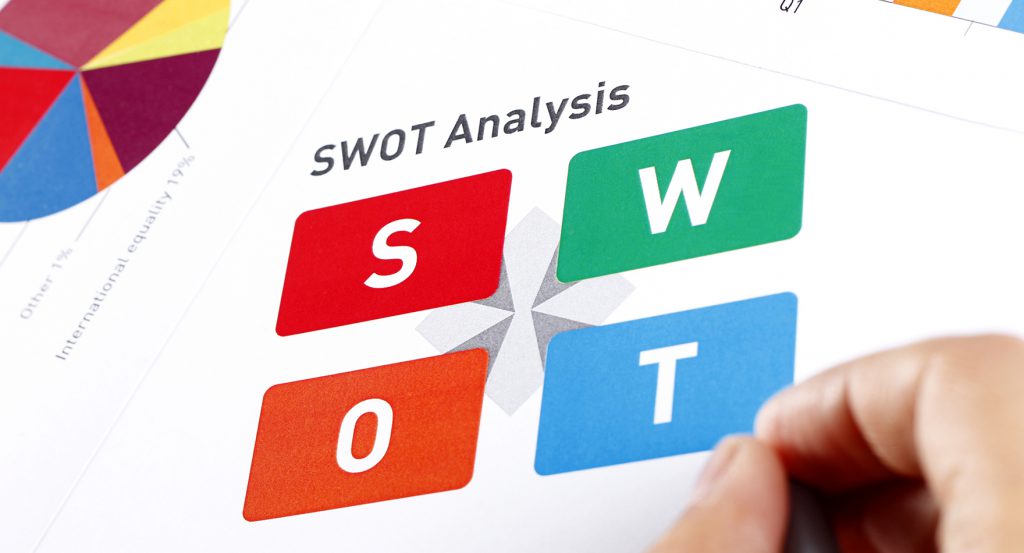
ISO 9001: Elevating Excellence in Quality Management
Quality Management ISO 9001 is an internationally recognized standard that plays a vital role in elevating excellence in quality management. In today’s highly competitive business
AKAP Accreditation Organization

Business Efficiency is essential for modern organizations to achieve maximum results with minimal resources, including time, energy, money, and materials. In practice, it involves minimizing waste while maximizing productivity. Aligning business processes with ISO 9001, ISO 14001, and ISO 50001 ensures a structured approach to organizational efficiency and long-term sustainability.
Business efficiency means producing desired outcomes with minimal effort and resources. Measuring it involves comparing outputs to inputs. A company that delivers higher-quality products at lower cost demonstrates strong business efficiency. Terms like corporate efficiency and operational excellence describe similar concepts that contribute to overall productivity in business.

Business efficiency applies across multiple domains: economic, market, operational, environmental, and energy efficiency. Understanding these dimensions allows organizations to implement strategies for sustainable growth.
Economic efficiency focuses on optimal resource allocation to generate maximum stakeholder value. Companies achieving economic efficiency reduce production costs while maintaining labor productivity and output.
ISO 9001 provides frameworks to enhance economic efficiency by streamlining processes and reducing operational costs.
Market efficiency evaluates how well prices reflect available information. Transparent and ethical practices enhance efficiency in business markets and prevent undervalued or overvalued assets.
ISO 37001 ensures ethical business operations, boosting market efficiency.
Operational efficiency assesses how effectively resources are converted into goods or services. High operational efficiency leads to better profits with lower consumption of resources, supported by workflow optimization and automation.
ISO 9001 and ISO 14001 provide methods to improve operational efficiency while maintaining quality and sustainability.
Energy efficiency reduces energy consumption while maintaining output. This lowers costs and improves corporate sustainability. Companies adopting productivity efficiency practices often see significant savings and environmental benefits.
ISO 50001 guides organizations in systematically improving energy efficiency.
Optimizing workflows, eliminating bottlenecks, and automating repetitive tasks contribute to efficiency in business. Process efficiency ensures each step adds value and reduces unnecessary effort.
ISO 9001 emphasizes process documentation and continuous improvement to enhance efficiency across all operations.
Environmental efficiency balances business growth with ecological responsibility. Reducing emissions, minimizing waste, and conserving resources ensure sustainable performance while maintaining profitability.
ISO 14001 offers a structured framework for organizations to systematically improve environmental efficiency.
Time efficiency focuses on completing tasks promptly without compromising quality. Efficient time management improves customer satisfaction, accelerates delivery, and strengthens competitive advantage.
ISO 21500 supports time efficiency through structured project management practices.
Applying efficiency principles enables organizations to:

Business Efficiency is a continuous journey. By optimizing processes, applying ISO standards, and integrating best practices such as operational excellence and organizational efficiency, companies can achieve sustainable growth, minimize waste, and maximize value for all stakeholders.
For more details on ISO standards, you can visit the official ISO website:
ISO Standards.
Learn more about quality management and ISO 9001:
ISO 9001 Overview.
For environmental management and ISO 14001 information:
ISO 14001 Details.
For energy management and ISO 50001 guidance:
ISO 50001 Energy Management.

Quality Management ISO 9001 is an internationally recognized standard that plays a vital role in elevating excellence in quality management. In today’s highly competitive business

What does SWOT stand for? SWOT stands for Strengths, Weaknesses, Opportunities, and Threats, and so a SWOT Analysis is a technique for assessing these four aspects of your